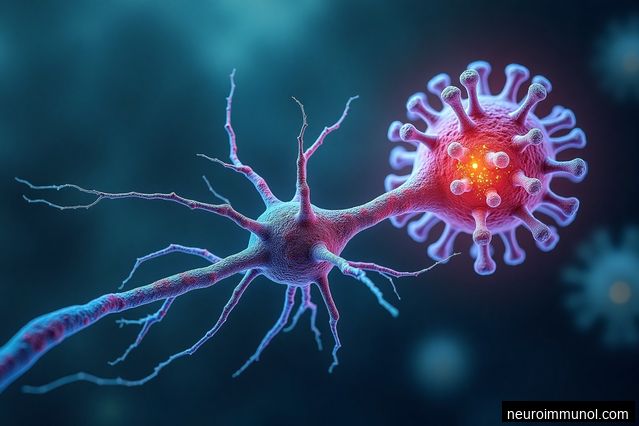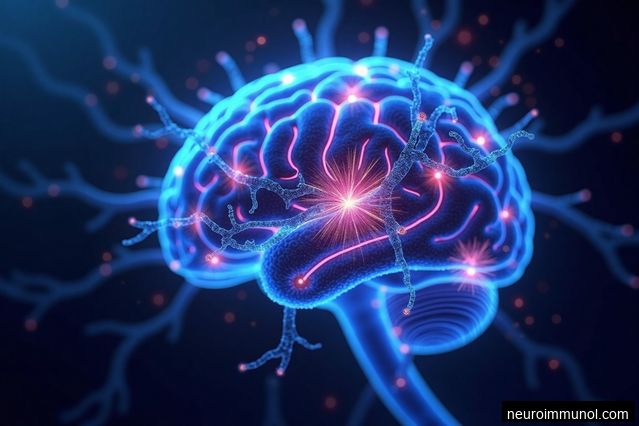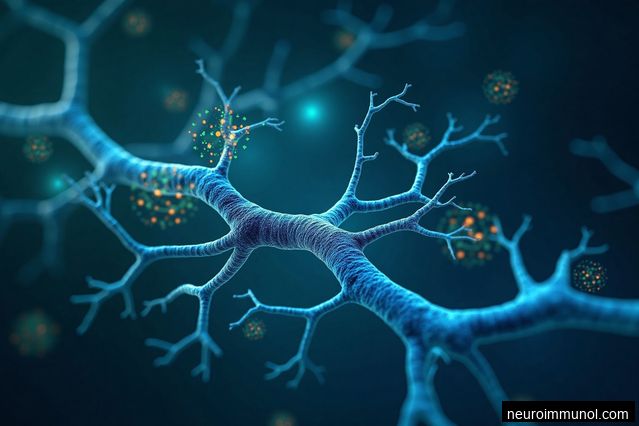Advancements in Understanding Neuroimmune Interactions
Neuroimmunology, the study of the interactions between the immune system and the nervous system, has witnessed significant advancements in recent years. Researchers have gained a deeper understanding of how immune cells and molecules regulate brain function and contribute to neurological disorders. One of the major breakthroughs in this field is the discovery of the glymphatic system, a waste clearance pathway that plays a crucial role in maintaining brain health and immune surveillance.
The Role of Microglia in Neuroinflammation
Microglia, the resident immune cells of the central nervous system, are known to play a key role in neuroinflammation. Recent studies have revealed the heterogeneity of microglia and their dynamic responses to different stimuli. Researchers are now exploring the molecular mechanisms that regulate microglial activation and the potential therapeutic targets to modulate neuroinflammatory processes. Manipulating microglial function has shown promising results in animal models of neurodegenerative diseases, opening new avenues for the development of novel treatments.
Emerging Therapeutic Approaches
Neuroimmunology research has paved the way for the development of innovative therapeutic strategies for neurological disorders. One such approach is the use of immune checkpoint inhibitors, which have revolutionized cancer treatment. These inhibitors, such as anti-PD-1 and anti-CTLA-4 antibodies, have shown potential in modulating the immune response in the central nervous system. Clinical trials are underway to evaluate their efficacy in neurological conditions like multiple sclerosis and brain tumors.
Harnessing the Potential of Immunotherapies
Immunotherapies, including monoclonal antibodies and adoptive T cell therapies, have emerged as promising treatment options for neuroinflammatory and neurodegenerative diseases. These therapies target specific immune cells or molecules involved in pathological processes, aiming to restore immune homeostasis and protect neural tissue. Ongoing research focuses on optimizing the delivery methods and enhancing the specificity and safety of these immunotherapies.
Unraveling the Gut-Brain Axis
The gut-brain axis, a bidirectional communication system between the gut microbiota and the central nervous system, has gained significant attention in neuroimmunology research. Mounting evidence suggests that alterations in the gut microbiome composition and function can influence brain development, behavior, and neurological disorders. Researchers are investigating the underlying mechanisms of this interaction and exploring potential therapeutic interventions, such as probiotics and fecal microbiota transplantation, to modulate neuroinflammatory processes and improve brain health.
Neuroimmunology and Neurodegenerative Diseases
Neurodegenerative diseases, such as Alzheimer's and Parkinson's disease, are characterized by chronic inflammation and immune dysregulation in the central nervous system. Neuroimmunology research aims to unravel the complex interplay between immune cells, neuroinflammation, and neuronal damage in these disorders. By understanding the underlying mechanisms, researchers hope to develop targeted therapies that can slow down or halt disease progression.








